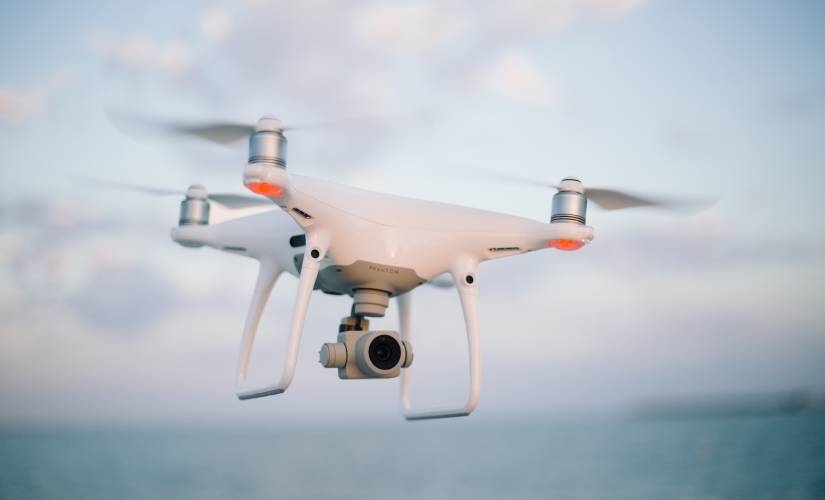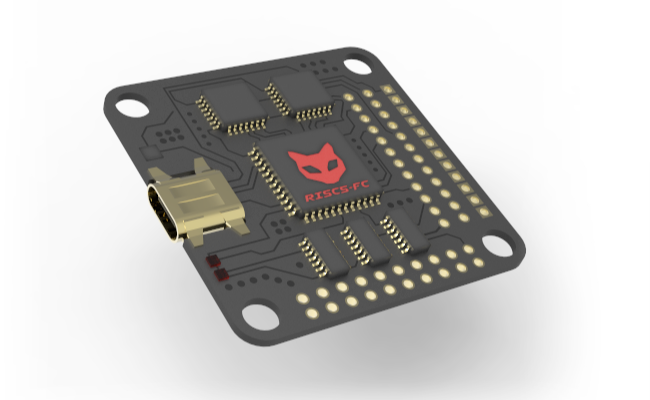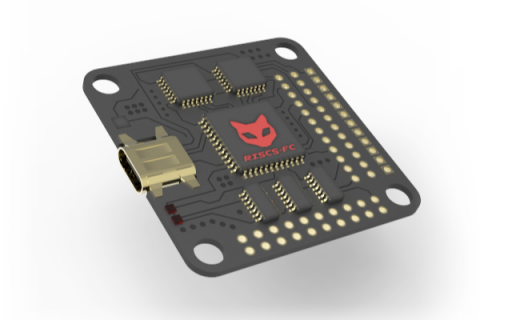3 Areas Where Blockchain Will Propel the Drone Industry Forward
3 Areas Where Blockchain Will Propel the Drone Industry Forward

A handful of technologies have dominated industry and media conversations as of late. You’d have to be living under a rock to have missed the hype around things like AI/ML, IoT, AR/VR – and more recently – blockchain. Blockchain garnered mass attention during the meteoric rise (and subsequent fall) of the cryptocurrency markets in late 2017 – early 2018. But there are areas where blockchain will propel the drone industry forward.
Blockchain quickly became one of the most overrated buzzwords, as all kinds of companies tried to ride the wave to attract investment and bring a fresh perspective to their existing technologies. Blockchain is again growing in popularity in many industries.
The rush into any new technology often breeds confusion – and blockchain is no exception.
While companies across many industries have invested a lot to integrate blockchain into their offerings, the hard truth is that for many, a decentralized public ledger doesn’t provide any real value add. Just like AI, for many applications, blockchain may be technology overkill. However, just like AI, blockchain is transcending the futurist hype and addressing real needs today for specific industries.

There are, for example, inroads being made in the asset management sector where blockchain is being used for data security, regulatory compliance, and increased efficiency in the clearance and settling of trades. Likewise, the burgeoning commercial and recreational drone industry is ripe for real innovation with blockchain. We saw an opportunity here and are working on this today. So, while blockchain is being heralded to disrupt so many industries – what actual value does it hold for drones?
While blockchain isn’t a silver bullet and there are limitations, here are three ways it is bringing value to the drone industry now:
Security
There are many reasons that blockchain holds significant potential to improve data security across all sectors – not just for drones. With blockchain, data is decentralized and therefore, the owner of the information doesn’t need to rely on a third-party data security provider. Everything on the blockchain is also encrypted, and the immutable ledger provides trusted verification that the data hasn’t been changed, and hacking blockchain is virtually impossible due to the distribution of the data.
With more drones flying around collecting and generating massive amounts of data, security will be an increasing concern for the industry. This is especially true for applications like property security, law enforcement, defense, etc. Additionally, businesses are increasingly using drones across sectors from mining, to construction, to medical supply delivery, to cinematography in the movie business. These drones are mostly computers full of personal and proprietary data that are flying, landing, delivering packages (and in worst-case scenario crashing) in public spaces – not secured in a data center. Blockchain provides a level of security that prevents external hacking, or even data retrieval should a drone physically fall into the wrong hands.
Regulatory Compliance
The FAA projects that commercial drones will quadruple to about 450,000 unmanned vehicles by 2022. Despite immense growth in the industry, codified regulations that ensure flight safety and airspace compliance are still evolving in this new space. Some FAA regulations have been set in terms of airspace restrictions for drones – including flying over stadiums, near airports, over Washington D.C. – and for recreational users – over emergency or rescue operations involving wildfires or hurricanes.
Recent high profile incidents involving drones shutting down airports like Gatwick and Newark are occurring with more frequency. With the adoption of onboard flight recorders for drones (similar to black box recorders on commercial aircraft), it will be much easier for the FAA and other regulators to understand exactly what happened if a drone enters restricted airspace.
Storing drone flight recorder data on blockchain, in this case, facilitates the tracking and identification of drones by regulators, while still maintaining the strict privacy of pilots. However, when regulatory violations are involved, blockchain ensures that the data is reliable and that flight replay/flight log data can’t be altered.
Insurance
Please consider:
In the auto industry – “black boxes” (onboard computers standard in modern cars).
These black boxes in newer vehicles record and store a lot of data including speed, direction, braking, etc. In many states, the legal ability for an insurance adjuster to access this data in the case of an accident is still a gray area. There’s no doubt that vehicle data as a resource for insurance companies — will increase, especially as autonomous vehicle use increases.
For insurance companies insuring aerial drones.
Whether individual recreational drones or entire commercial fleets, having access to immutable, unalterable, reliable third-party data is critical. In the case of claims for damage to drones, property, or even personal injury, Insurance companies need data to determine what exactly happened during a flight and what caused a crash or accident (i.e., malfunction or pilot error).
As companies like Amazon, FedEx, UPS, etc. advance their drone fleets for things like Prime Air and other residential package delivery, these fleets need to be insured. Tech companies like Amazon could potentially create its own tracking technology – but can an insurance company be asked to write a significant check — trust Amazon only data to pay a claim on an Amazon drone? Having the data stored on the blockchain means that Amazon would still own the data, but it couldn’t be altered.
As the drone industry continues to grow and there are more drones in the sky to track and keep accountable, blockchain will continue to play a significant role. Making sure drone flight data is secure and unalterable will be essential as the industry matures and further regulations are put in place by the government.
There’s still a lot of work needed to disambiguate what is hype and what is viable across industries when it comes to blockchain, but the drone industry is one clear example where it’s essential. As someone at the crossroads working with blockchain technology and drone technology to address the above use cases, I look forward to continued innovation and collaboration to ensure safety and growth for the entire industry.
The post 3 Areas Where Blockchain Will Propel the Drone Industry Forward appeared first on ReadWrite.
(43)


